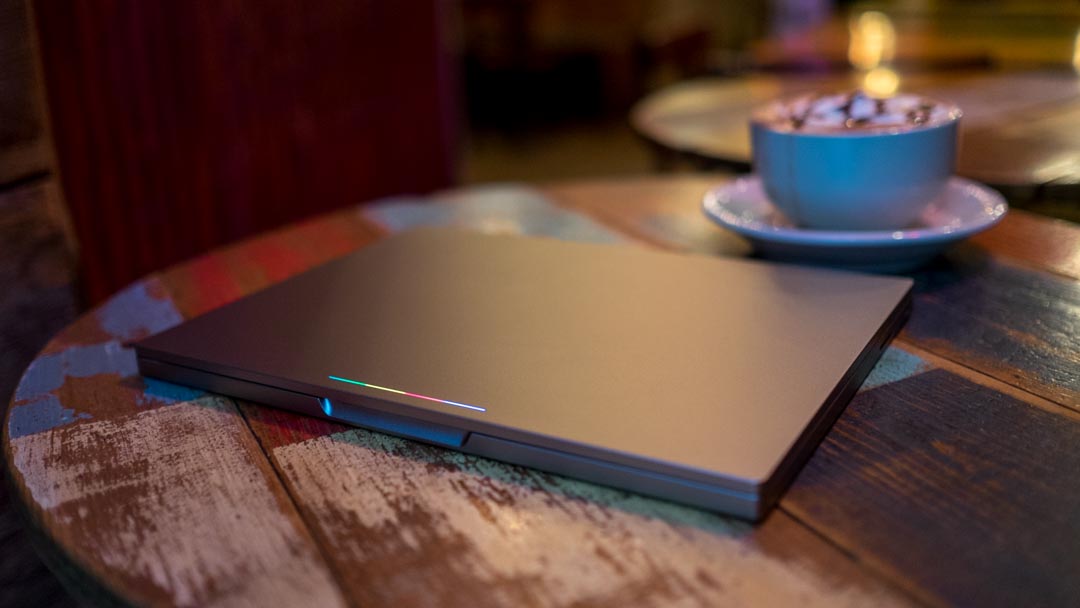Google’s Andromeda OS has reportedly been canned
Fuchsia has become its ‘spiritual successor’

Sign up for breaking news, reviews, opinion, top tech deals, and more.
You are now subscribed
Your newsletter sign-up was successful
Convergence is something of a holy grail for the big hitters in the OS world – Apple is slowly bringing iOS and macOS closer together, and of course Windows 10 is the one OS to rule all devices for Microsoft – but it seems Google’s ambitions have faltered, or at least changed dramatically, with the word on the grapevine being that Andromeda has died.
For the uninitiated, Andromeda was Google’s big play to merge Android and Chrome OS to make a single unified operating system that would run across phones, tablets and laptops.
But the idea of a mobile-style touch-friendly OS with more heavyweight desktop capabilities added – Andromeda was rumored to be Google bringing Chrome OS features to Android, rather than vice versa – has apparently been shelved by the company.
At least according to Stephen Hall, managing editor of 9to5 Google, who just tweeted to say that he has spoken to another (second) source who claims that this is the case.
So yeah, got a second source on this now: Andromeda was shelved. Some of the work being moved to other things, though. Trying to learn more.June 4, 2017
Hall tweeted: “So yeah, got a second source on this now: Andromeda was shelved. Some of the work being moved to other things, though. Trying to learn more.”
Related hardware that Google was developing, such as tablets and the ‘Bison’ laptop, are all also assumed to be shelved as a result – although the work done here won’t be wasted, apparently.
- Apple is converging its OSes with the MacBook 2017 and MacBook Pro 2017
Focus on Fuchsia
Hall added that a separate project, Fuchsia, isn’t dead, and has effectively become Andromeda’s ‘spiritual successor’.
Sign up for breaking news, reviews, opinion, top tech deals, and more.
We heard more about Fuchsia last month, and it’s different in that it isn’t aiming to be a hybrid OS bringing existing mobile and desktop efforts together, but an entirely new built-from-scratch platform. Albeit still one designed to work across a range of modern-day devices from phones to larger-screen tablets and laptops.
However, Fuchsia is still very much an experimental project at an early stage, and its exact end goal is pretty fluid at the moment – it sounds like Google isn’t certain precisely where it will end up. And as it’s a far bigger undertaking than Andromeda in terms of going back to the drawing board, nothing is likely to be happening anytime soon.
At any rate, the overall picture doesn’t look good for Andromeda itself, and unless these sources are way off the mark, it’s now one particular galaxy of the OS universe that we won’t ever get to visit.
But what eventually arrives in its place in the form of Fuchsia could well have far more impact.
- We rounded up the best laptops you can buy right now
Darren is a freelancer writing news and features for TechRadar (and occasionally T3) across a broad range of computing topics including CPUs, GPUs, various other hardware, VPNs, antivirus and more. He has written about tech for the best part of three decades, and writes books in his spare time (his debut novel - 'I Know What You Did Last Supper' - was published by Hachette UK in 2013).